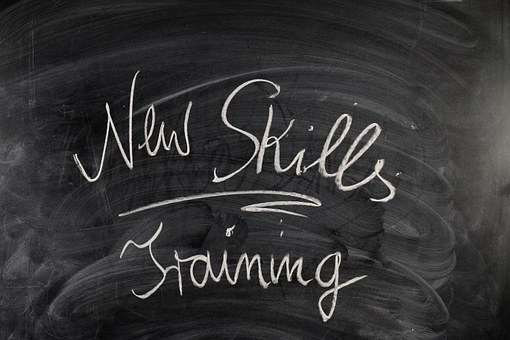
There’s quite a number of articles being written on the topic of Emotional Intelligence and rightly so.
This concept is a fairly new one even though Daniel Goleman popularized it with his groundbreaking book: Emotional Intelligence – Why It Can Matter More Than IQ. This he wrote in 1995.
It’s about 14 years now since he wrote it, but the ideas remain as pertinent today as it was when he wrote it.
As a matter of fact, I would say even more so today than it was then. 1995 was the introduction year. 2019 is still considered the early stages of ideas like this one.
What I’m intrigued by is the way so many others have taken parts of his writings and made it more applicable to everyday life.
I am one of those who have used parts of his writings and others who have expanded on his ideas and written my own book: The Emotelligent Leader – Succeed Where Others Failed and Become The Leader Everyone Loves and Wants to Follow.
This book is more than a book. It is a movement. A paradigm for 21st Century Leaders on how to lead more effectively and get the results many are lacking.
However, getting this kind of result requires taking time to develop ones emotional intelligence skills.
Daniel Goleman identifies 19 skills or competencies that when developed, leads to a more well-rounded individual and in this case, leader.
In this Part 1 of 3, I share seven of them found in this article.
1) Emotional Self-Awareness: having a solid understanding of your own feelings and emotions, your strengths and weaknesses, and what drives them.
2) Accurate Self-Assessment: understanding your values and goals and where you are headed in life. It’s being clear on your “why” and your “what” in life.
3) Self-Confidence: understanding your own strengths and limitations, focus on your strengths and being okay with relying on others to make up for your areas of limitations and not be afraid or embarrassed to disclose that. Use self-deprecating humor as one way to do so.
I share more about how to do so in this episode of The Kingsley Grant Show: Where Leadership and Emotional Intelligence Intersects.
4) Emotional Self-Control: feeling your different emotions and impulses yet not acting on them. It’s having the ability to “wait” it out and respond from a more logical place.
5) Achievement: Not being satisfied with the status-quo. You’re achievement oriented. Moving forward is what drives you; interests you.
6) Initiative: being self-motivated, and being resilient enough to keep moving forward no matter what. You don’t need to be pushed. (hear how I struggle to say this word on the show)
7) Transparency: being honest and transparent with where you are in life, how you feel and think about something and your wishes. It’s allowing those you lead to see a side of you, they would not normally see. It’s creating the know, like and trust factor.
When you are able to be brutally honest with yourself and seek the help you need to develop skills you are lacking, you will become the leader whose praise your people will sing. This is their way of saying thank you.
To hear more of what I shared on this topic, listen to The Kingsley Grant Show.
If you need personal coaching or training for your team, a keynote speaker for your next event, connect with me to see if my offering fits what you are looking for.
Let me know your thoughts below.
(Article posted first on Linkedin)

